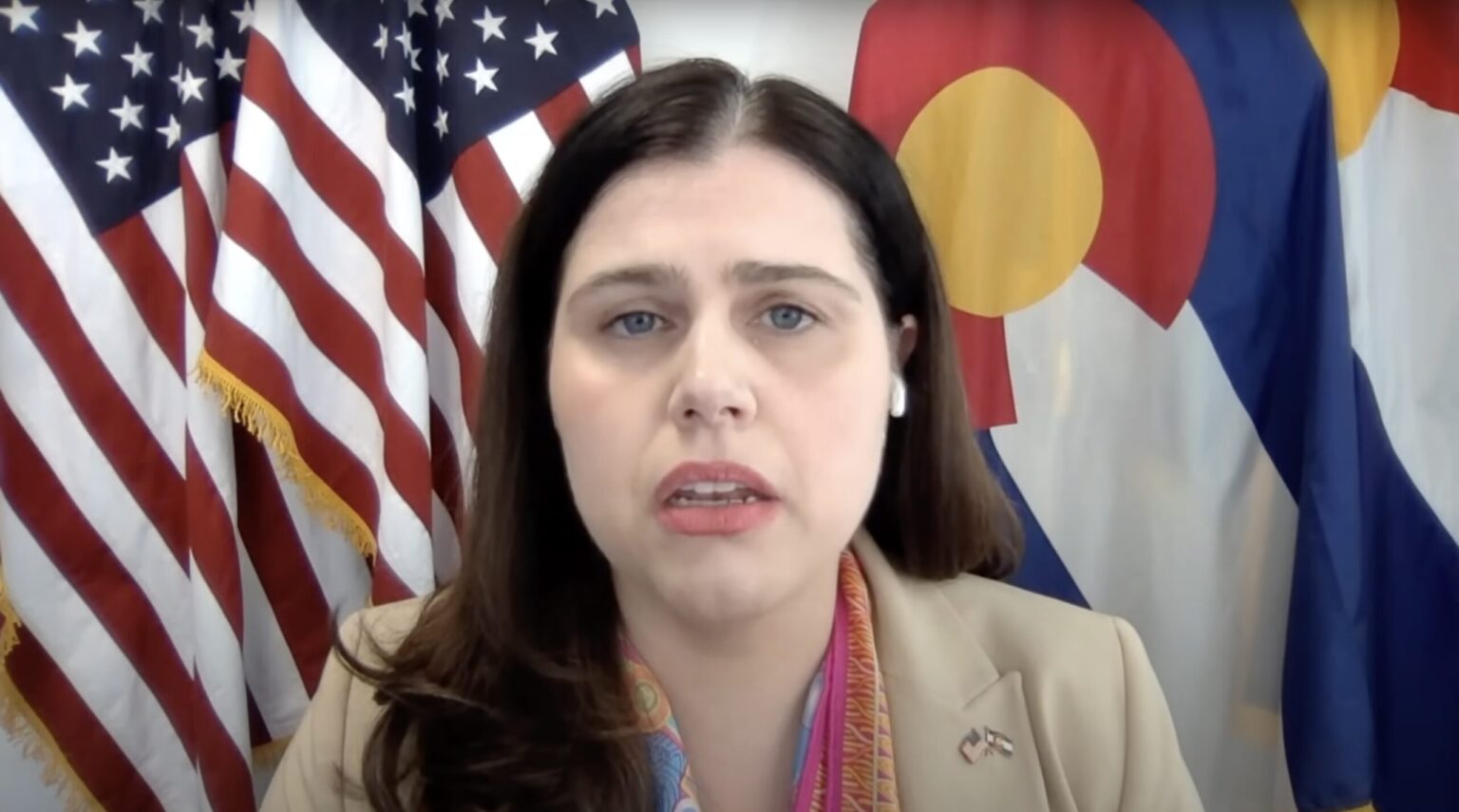On October 30, 2024, the campaign for President Donald Trump formally demanded that Colorado Secretary of State Jena Griswold (D) halt the processing of mail-in ballots due to an alarming security breach involving the unauthorized exposure of critical BIOS passwords for election equipment. This breach reportedly included the public disclosure of approximately 600 BIOS passwords online, impacting electoral operations in 63 of Colorado’s 64 counties. The leak was initially noticed in August but was believed to have occurred as early as June, just before the state’s primary elections and was only removed in late October. According to Griswold’s office, the passwords were described as “partial” since they comprised one of two necessary passwords for the system. Nevertheless, the full implications of such a leak raised significant concerns about the integrity and security of Colorado’s voting systems.
In response to this breach, the Trump campaign’s letter called for immediate actions from Griswold’s office aimed at safeguarding the election equipment. The campaign specified that Griswold should identify the counties affected by the password leak, inform them of the breach, and temporarily cease the processing of mail ballots while executing new Trusted Builds and Logic and Accuracy Tests on the impacted systems. There was a focus on ensuring public trust in Colorado’s electoral process, highlighting the necessity of stopping any further ballot processing to secure the integrity of the general election just days before Election Day.
Contrastingly, Colorado’s Deputy Secretary of State Christopher Beall sought to downplay the incident’s severity, claiming that Colorado’s voting systems were protected by multiple security layers and thus not immediately threatened. According to Beall, background-checked cybersecurity experts would assist in securing the integrity of the systems and mitigating any potential risks stemming from the leak. Despite the breach, he maintained that measures already established within the state’s election framework were adequate to safeguard against unauthorized access and manipulation.
Additionally, Colorado’s Governor Jared Polis and Secretary Griswold issued a joint statement confirming that all passwords for the affected voting machines had been successfully updated. They emphasized the extensive security measures in place to protect Colorado’s elections. In the prompt aftermath of the leak, the state mobilized resources efficiently to evaluate and change compromised settings within the voting machinery while also reassuring Coloradans that their ballots would be counted accurately and fairly despite the whirlwind of concerns created by the incident.
As the events unfolded, both state officials and the Trump campaign underscored the need for accountability and transparency in the electoral process. While the administration sought to mitigate fears regarding secure ballot processing, the urgency displayed by the Trump campaign highlighted public apprehensions about potential election irregularities. They called for strict adherence to election laws in handling the situation and insisted that the measures proposed were critical to ensuring the integrity of the election.
Ultimately, despite the quick response aimed at rectifying the situation and assuring the public regarding election security, the incident raised broader questions about cybersecurity within electoral systems and how information can be inadvertently leaked, posing serious challenges to upholding public confidence in electoral integrity. The incident served as a pivotal reminder of the ongoing need for vigilance and comprehensive security measures in safeguarding democratic processes in the face of emerging technological threats and vulnerabilities.

